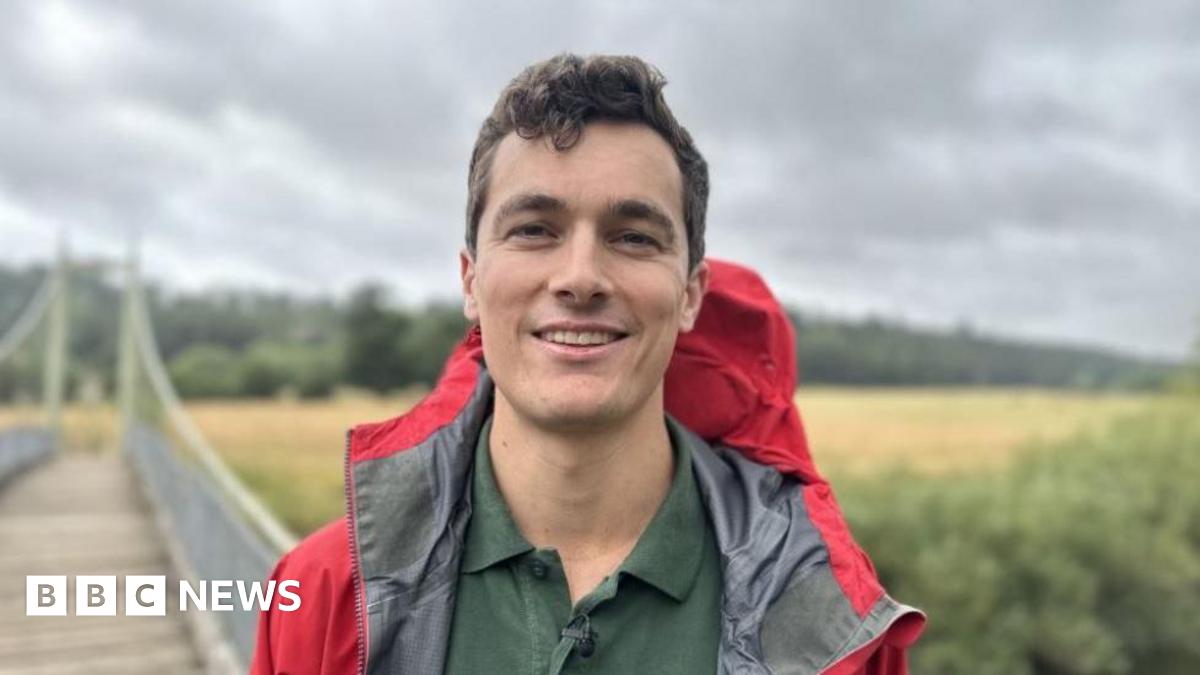Wye and Lugg Rivers in Crisis: Farmers and Experts Unite to Restore Vital Ecosystem

A River in Distress: The Wye and Lugg Face Ecological Challenges
The Wye and Lugg rivers, despite being designated with the highest level of environmental protection, are struggling. A concerning decline in insect populations, fish stocks, and overall water quality paints a grim picture of an ecosystem in distress. While legal protections are in place, the reality on the ground tells a different story – one that demands immediate and collaborative action.
The Root of the Problem: Agricultural Practices and Pollution
Experts believe that intensive agricultural practices in the surrounding areas are significantly contributing to the river’s decline. Runoff containing fertilizers, pesticides, and sediment is impacting water quality and disrupting the delicate balance of the river's ecosystem. Excess phosphorus, in particular, has been identified as a major culprit, fueling algal blooms that suffocate aquatic life and degrade the water.
A Collaborative Approach: Farmers and Experts Join Forces
Recognizing the urgency of the situation, local farmers and nature experts are stepping up to the challenge. They are uniting to develop and implement strategies aimed at restoring the health of the Wye and its tributary, the Lugg. This collaborative effort is crucial, as sustainable solutions require the buy-in and active participation of those who manage the land surrounding the rivers.
Proposed Solutions: Sustainable Farming and River Restoration
The proposed solutions are multifaceted and focus on reducing agricultural pollution and actively restoring river habitats. Key initiatives include:
- Reducing Fertilizer Use: Implementing precision farming techniques and optimizing fertilizer application to minimize runoff.
- Riparian Buffer Zones: Establishing vegetated buffer strips along riverbanks to filter pollutants and stabilize soil.
- Improved Soil Management: Promoting soil health practices that reduce erosion and nutrient loss.
- Restoring Riverbank Habitats: Replanting native vegetation along riverbanks to provide habitat for wildlife and improve water quality.
- Monitoring Water Quality: Implementing regular monitoring programs to track progress and identify areas needing further attention.
The Importance of Long-Term Commitment
Restoring the Wye and Lugg rivers is a long-term commitment that requires sustained effort and investment. The success of this collaborative initiative hinges on the ongoing participation of farmers, the support of government agencies, and the engagement of the wider community. By working together, it's possible to reverse the current decline and ensure that these vital rivers thrive for generations to come.
A Beacon of Hope for River Conservation
The efforts to restore the Wye and Lugg rivers serve as a powerful example of how collaboration and innovation can address environmental challenges. This initiative offers a beacon of hope for river conservation and demonstrates the potential for sustainable agriculture to coexist with a healthy ecosystem. The future of these rivers, and the communities that depend on them, rests on the collective commitment to action.






